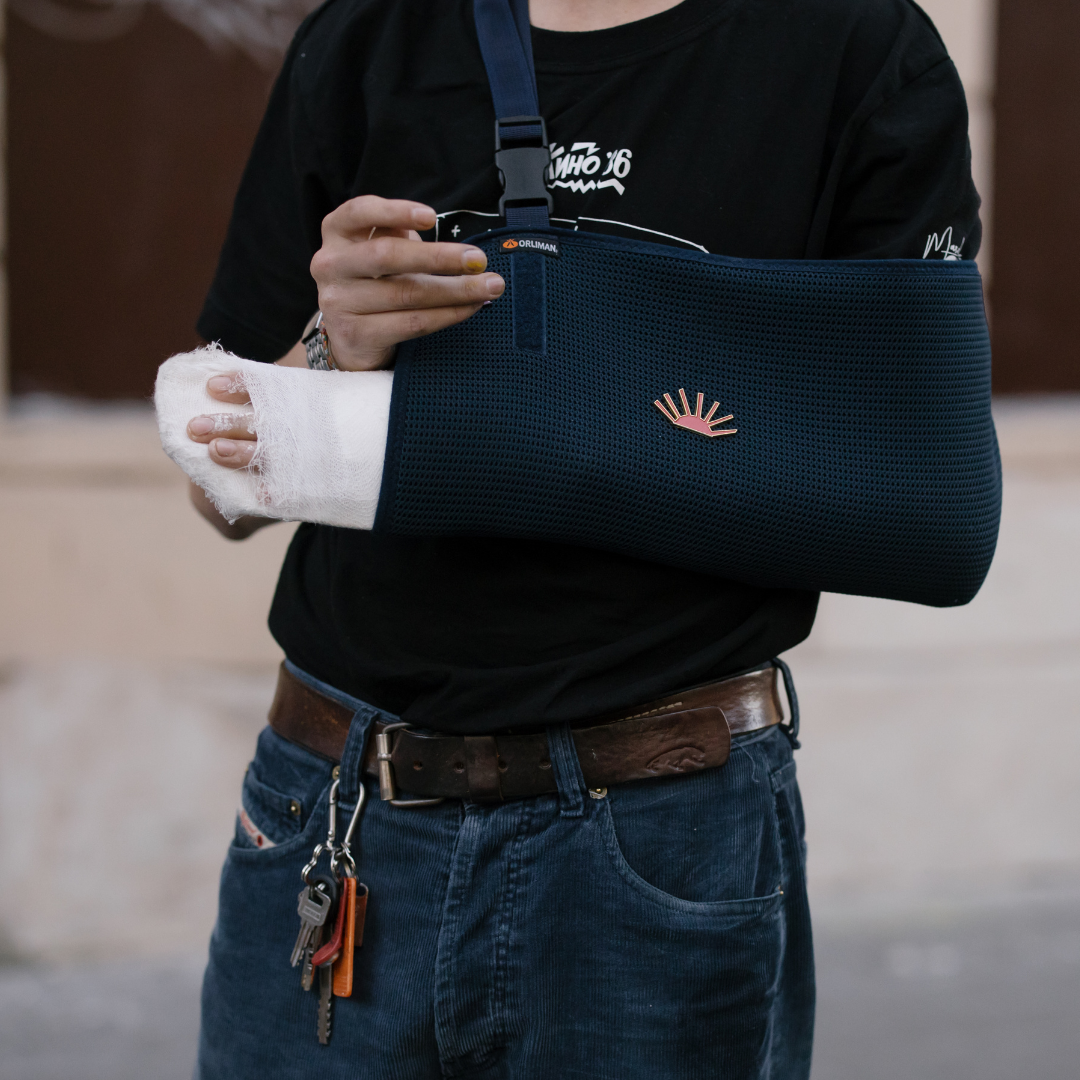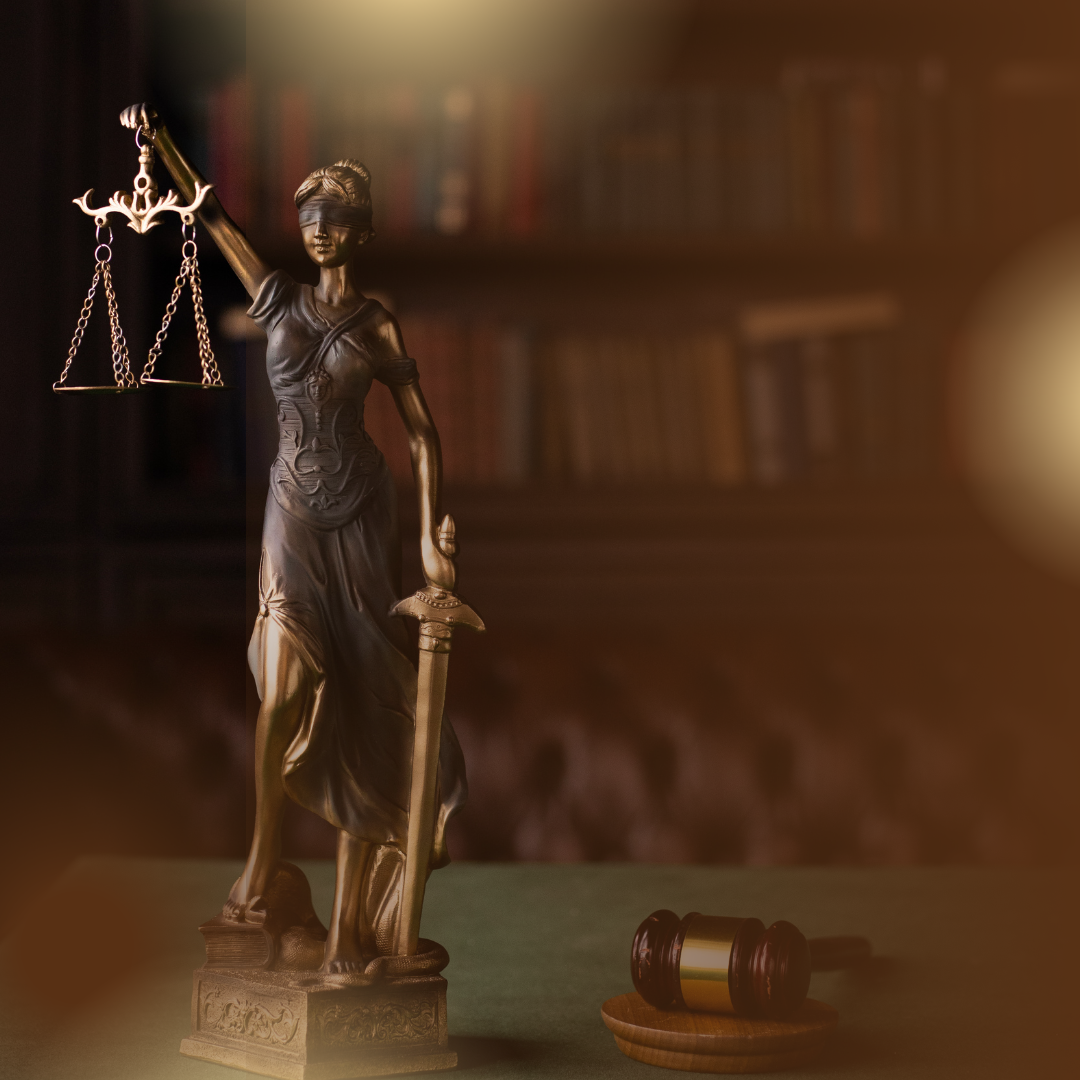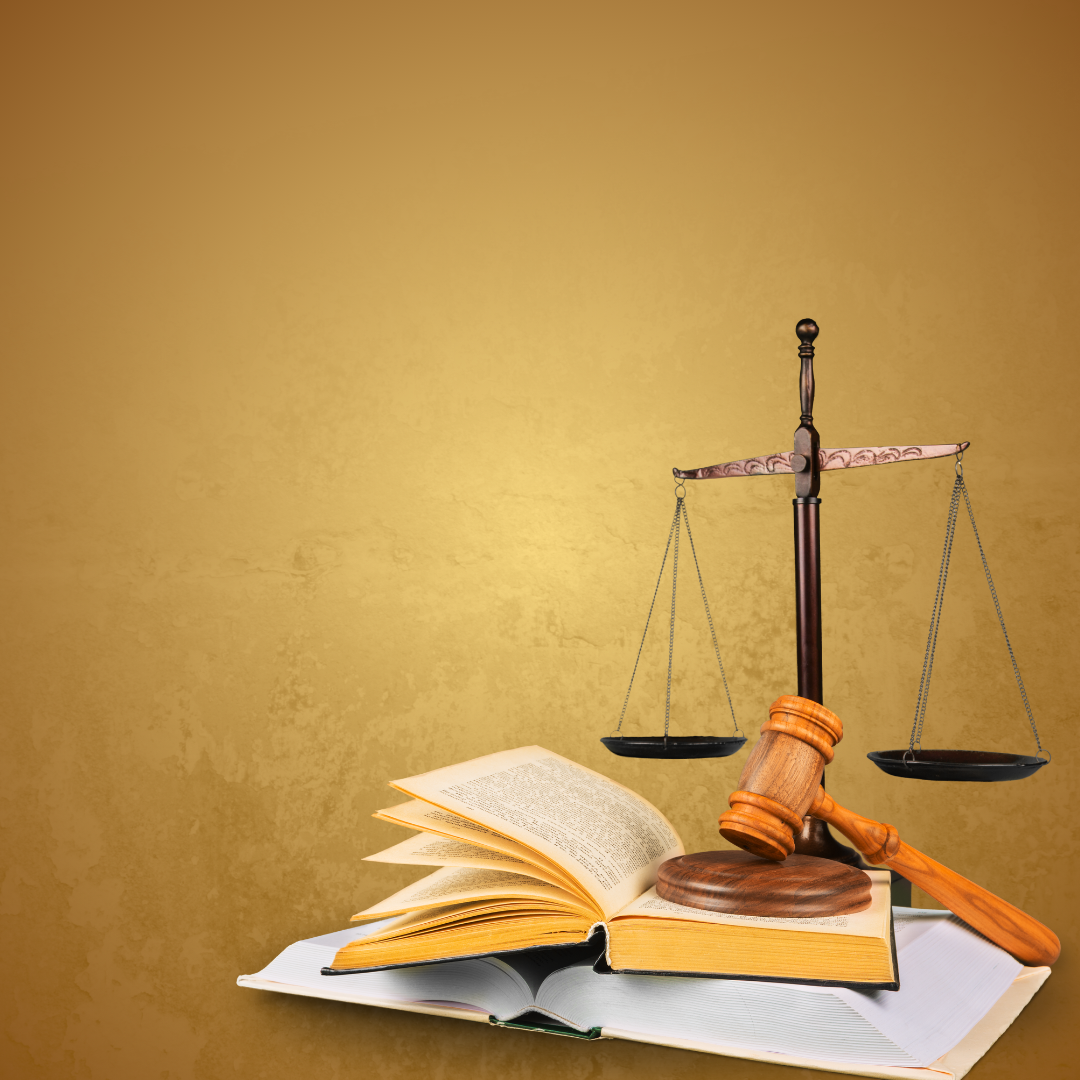Physical harm, mental anguish, and financial hardships are all realities that victims of accidents must contend with. As if dealing with the aftermath of any kind of accident—a slip and fall, a car crash, or medical negligence—wasn’t already overwhelming enough, legal complications add another layer of stress. The key to finding a way forward and getting the justice you deserve is understanding how carelessness affects personal injury compensation.
How Negligence Is Defined in Injury Cases
Most claims for injuries sustained in accidents hinge on the legal concept of negligence. It means you weren’t as careful as a reasonably prudent person would have been in the same situation. Anything from a driver disobeying a red light to a landlord neglecting to fix dangerous conditions on their property could fall into this category.
In order to establish negligence, four essential criteria must be met:
1. Duty of Care: Proving that the other party was legally obligated to take reasonable precautions to avoid harming others is the first step. Businesses have an obligation to provide a safe environment for their customers and drivers have an obligation to obey traffic laws.
2. Failure to Owe: Proof of a breach of this obligation by the relevant party is required. For example, disobeying traffic signals or putting off fixing recognized safety issues could constitute this breach.
3. Causation: You must establish a direct connection between the violation of duty and your injuries. Put simply, it needs to be established that the other party’s carelessness directly led to the harm you experienced.
6. Injuries: Lastly, the incident must have caused you actual damages, such as bodily harm, mental anguish, or monetary losses.
Personal Injury Law’s Various Negligence Categories
There are several forms of negligence, and each one has the ability to impact the result of a personal injury lawsuit:
– The concept of comparative negligence: When the injured party is partially to blame for the incident, this legal concept comes into play. Their pay is adjusted based on the amount they are responsible for. If a court finds that you were 20% to blame for an automobile accident, for instance, your overall compensation would be 20% less.
– Excessive Carelessness: When the other person’s actions are both negligent and willfully dangerous, this situation arises. Punitive damages, meant to punish the perpetrator and discourage such behavior in the future, may be warranted in such cases.
– Vicarious Liability: Businesses can face legal consequences when their employees cause harm to others. In situations involving licensed drivers or doctors, this becomes extremely important.
The Importance of Having an Attorney Represent You
Claims involving personal injuries, particularly those involving negligence, can be difficult to navigate. To guarantee that your case is presented effectively, you must hire a skilled personal injury attorney. If needed, they can assist with evidence collection, negotiations with insurance companies, and courtroom advocacy.
An attorney can also help you present your side of the story accurately, which is crucial in comparative negligence cases. Your compensation could be severely diminished if you exaggerate your level of involvement in the incident.
What to Do Next Following a Personal Injury
Time, patience, and, frequently, legal counsel are required for injury recovery. Get back on your feet and protect your legal rights by learning how negligence affects personal injury law and working with an experienced attorney.
You shouldn’t try to handle the difficulties that come with recovering from an injury on your own. You can get the money you deserve and start making a fresh start with the help of an attorney and an in-depth knowledge of your options. The point isn’t merely to get your money back; it’s also to get you back to where you were before, so you can move on with self-assurance.
You can safeguard yourself and give yourself the tools to get the best possible result by taking charge of your case’s legal aspects and collaborating with seasoned experts.




